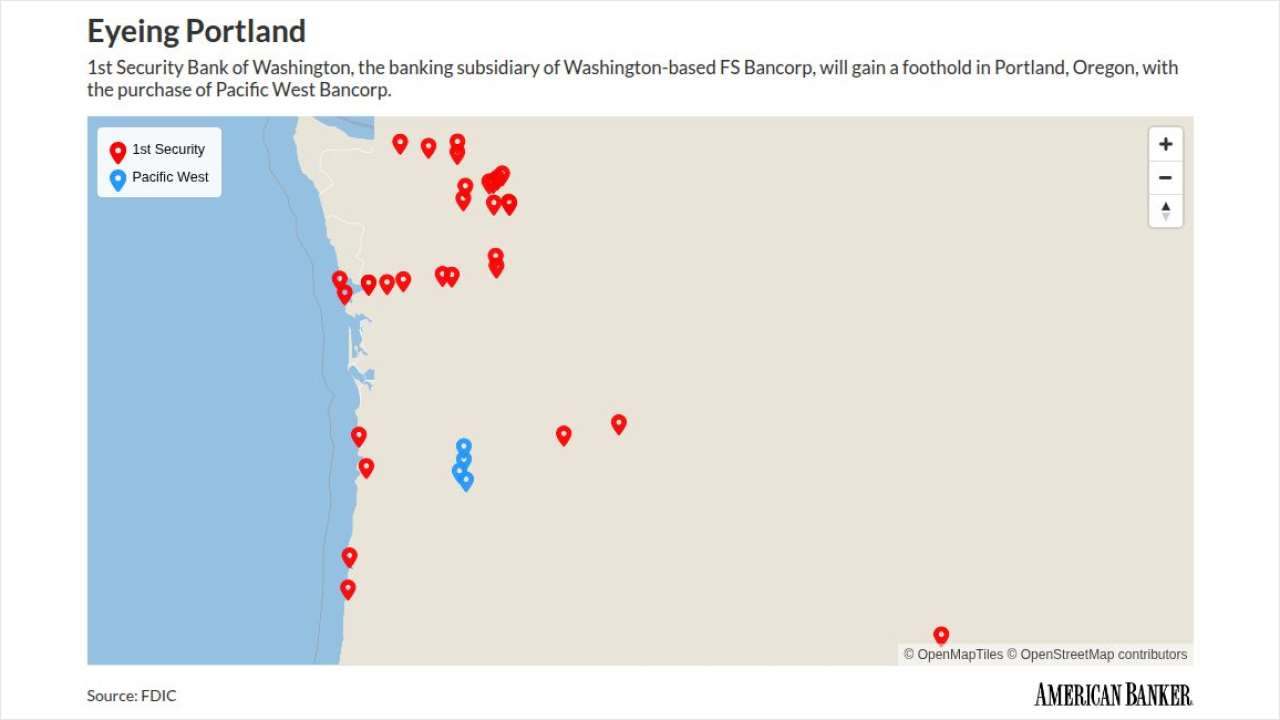The U.S. Supreme Court affirmed Tuesday the right of lenders to use their debt as currency in bankruptcy auctions in a unanimous decision sure to reverberate through the corporate-restructuring community.
The eight justices ruling on the case of a Los Angeles airport-hotel owner all sided with lender Amalgamated Bank, which had protested the cash-only auction the hotel owner had engineered in an attempt to bar the lender from "credit-bidding."
The practice, whereby secured creditors use the money they are owed to buy assets in bankruptcy, has become embroiled in controversy in recent years as debtors have started searching for new, creative ways to exert leverage and deter lenders from snatching up assets, especially in cases where the power struggle between companies and lenders has engulfed the proceedings.
While the credit-bidding question is undoubtedly the hallmark of the case, known as RadLax Gateway Hotel LLC, the justices didn't dwell much on the topic, instead opting to dissect the language that governs bankruptcy sales and creditor-payment plans.
"The pros and cons of credit-bidding are for the consideration of Congress, not the courts," the justices wrote in their opinion, delivered by Justice Antonin Scalia.
The justices found the hotel owner's interpretation of the section of the Bankruptcy Code that sets the requirements a debtor must fulfill to win approval for a bankruptcy-exit plan was "hyperliteral and contrary to common sense." The company had attempted to skirt a requirement that mandated credit-bidding for an auction by instead purporting to fulfill another prong that offered a secured creditor the "indubitable equivalent" of its claim, an approach the justices rejected.
"The bankruptcy code standardizes an expansive (and sometimes unruly) area of law, and it is our obligation to interpret the code clearly and predictably using well established principles of statutory construction," the justices wrote. "Under that approach, this is an easy case."
During oral arguments last month, the justices had viewed the hotel owner's attempt to hold an auction without credit-bidding with skepticism, peppering the attorney for RadLax with questions that quickly put him on the defensive.
"Why should we upset the expectation?" asked Justice Sonia Sotomayor, noting the vast majority of cases allow lenders to swap their debt for the assets that serve as their collateral.
Chief Justice John Roberts seemed to view a lender's right to take back the property securing its claims as guaranteed. "Isn't that pretty much what he bargained for when he insisted upon security before giving the loan?" he asked.
Justice Elena Kagan worried about the impact the anticredit-bidding strategy would have on the progress of a bankruptcy case. "It just seems like a gigantic waste of time," Justice Kagan said.
RadLax, which owns a Radisson Hotel at the Los Angeles Airport, filed for bankruptcy protection in August 2009 alongside a sister business that operated a hotel at Chicago's O'Hare airport. RadLax eventually lined up a lead bidder for its assets, but the cash bid the would-be buyer offered was conditioned on it not having to compete against a rival armed with secured debt.
A bankruptcy judge denied the move, and the dispute was kicked up to an appeals court, which also deemed the tactic forbidden. But a similar fight had recently yielded the opposite verdict in the case of the publisher of the Philadelphia Inquirer and the Philadelphia Daily News. There, an appeals court ruled in favor of the debtor.
The circuit split made RadLax ripe for consideration by the Supreme Court, the first time the Supreme Court had directly taken a major Chapter 11 reorganization case in more than a decade, according to David Neff, RadLax's attorney.
Reached Tuesday, Neff acknowledged he was disappointed with the court's ruling and believes it will limit debtors' options in proposing plans.
"The balance of power has been steadily shifting to lenders ever since the Bankruptcy Code was enacted," he said in an interview. "This is just another nail in the coffin of an argument that gave the debtors some glimmer of hope."
Still, Neff — of Perkins Coie — acknowledged the circumstances in the RadLax case and the case of the Philadelphia publisher were fairly specific, and he doubts a ruling in favor of his client would have "opened the floodgates" for scores of debtors looking to copy the strategy.
Nonetheless, attorneys on the lender's side say they are thrilled and relieved to see the anticredit-bidding tactic officially laid to rest.
Adam Lewis, an attorney for Amalgamated Bank, sees the decision as closing a loophole in the "ring of protections for secured creditors" that was drilled open by cases like that of the Philadelphia publisher.
"It's protecting the prebankruptcy bargain," Deanne Maynard, Lewis's colleague who argued for Amalgamated before the Supreme Court, added in an interview. Both Lewis and Maynard are with Morrison Foerster.
Financial-industry-trade associations also had been keeping a close watch on the case. Elliot Ganz — the general counsel for the Loan Syndications and Trading Association, one of 10 trade associations that filed an amicus, or "friend of the court," brief on the lender's side — praised Tuesday's ruling for leaving "no room for doubt."
"Now we're going to get back to the norm of what people expected for 40 years," he said.
The Supreme Court agreed in December to hear the case, and the oral arguments took place April 23.
Justice Anthony Kennedy didn't participate in the oral arguments or the decision.





